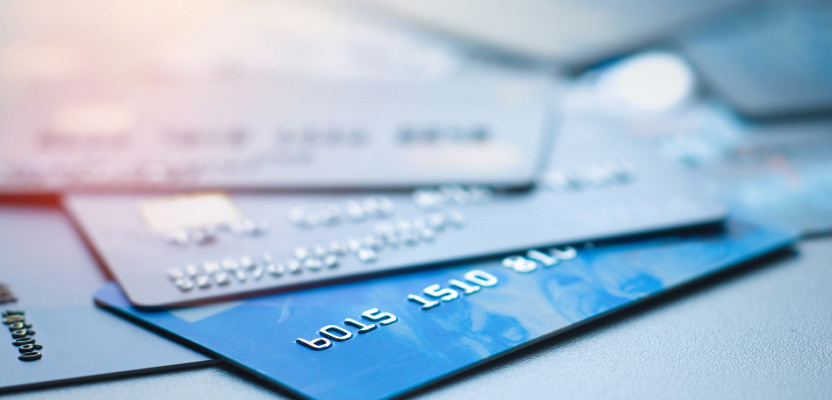Payments on credit cards and debit cards can be reversed in certain situations.
The process of challenging a payment and clawing it back is called a chargeback. It allows card owners to recover the cost of goods or services that are not delivered and fraudulent payments.
A chargeback is a voluntary right given to credit and debit card customers by card scheme providers such as Mastercard and Visa.
A chargeback is not a statutory legal right unlike other consumer protection under the Consumer Credit Act.
How can I make a chargeback?
If you want to make a claim of fraud or non-performance of contract, then you should contact your card issuer. A telephone number is usually printed on the back of the card.
The circumstances under which claim can be made differ from scheme to scheme, but usually include:
- where the supplier has failed to deliver the goods or services
- if the goods are defective or not as described
- overcharging
- duplicate charges
- fraudulent charges
There is usually no minimum amount that can be charged back, allowing you to dispute smaller payments than you can under law.
Schemes give you 120 days in which to claim based on when you became aware of the circumstance. So that might be 120 days from receipt of defective goods, or 120 days from a credit card statement that shows duplicate payments. However, the schemes give a maximum limit of 540 days from the date of the transaction.
A card issuer must attempt a chargeback if there seems to be a reasonable chance that the card owner is correct. If the card issuer refuses or fails, then the card holder can complain to the Financial Ombudsman if the dispute is not resolved in the next eight weeks.
Implications for retailers
Chargebacks are expensive for retailers.
Generally, there is little that can be done by the retailer to challenge them if the card holder is committing fraud. For example, it is hard to prove that goods sent by first class post were received by the card holder. Delivering by recorded post reduces the possibility of fraud by chargeback, but increases shipping costs, potentially making the overall transaction cost uncompetitive.
Not only does the retailer lose the value of the transaction, but the card issuer also charges a fee to the retailer to carry out a chargeback.
That is why having good terms and conditions in place is important. Setting out the delivery process and the returns procedure (telling your customer this information is a legal requirement under Consumer Contract law) can reduce the chance of fraudulent chargebacks.

